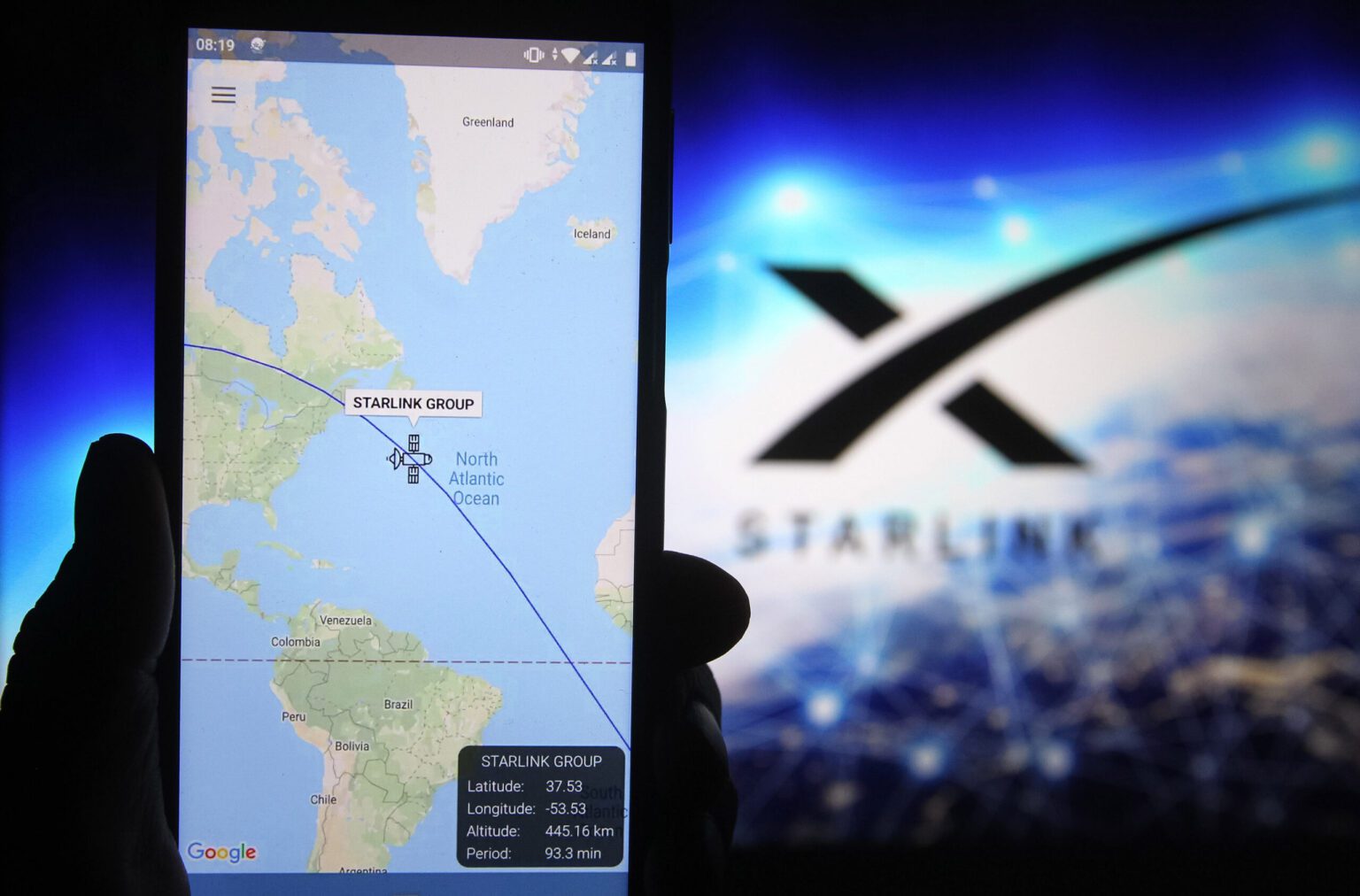Global Courant 2023-04-27 18:12:38
The arrival of Starlink in Africa has been widely hailed as a potential game changer for internet connectivity. Many parts of the continent still lack internet infrastructure and reliable internet connectivity. The introduction of satellite internet is thus seen as a valuable tool in reducing the digital divide and reaching regions beyond the reach of fiber optics.
When Starlink launched in Nigeria in January, we discussed how the next-gen satellite internet service provider could announce a new era of fast internet in Africa’s most populous country. Although some reports of poor performance have been reported in Nigeria, raising concerns about its reliability, it is worth noting that its introduction has improved internet accessibility for some people in the country.
In addition to Nigeria, Elon Musk’s global satellite internet service is already connected to Mozambique, Rwanda and Mauritius, with 19 more African countries slated for launch in 2023 and 2024. Surprisingly, however, South Africa, the largest internet consuming nationis not included.
According to Starlink’s availability mapseveral neighboring countries of South Africa will receive Starlink this or next year, as will the other regions of the continent. The map shows that in African countries such as Zambia, Angola and Kenya, the service is scheduled to launch in the second quarter of 2023. Sixteen countries, including Uganda, Tunisia, Ghana and Egypt, are scheduled for a 2024 release.
The fact that South Africa, a technologically advanced country and hub for top investment technology startups, is not included in the list of countries that will receive Elon Musk’s global satellite internet service is of concern. While several factors may play a role, regulatory policies and restrictions are believed to play the most important role in this technology exemption.
Earlier this month, the Democratic Alliance claimed that the South African government blocked Starlink’s access to the country with its strict telecommunications guidelines. The Independent Communications Authority of South Africa (ICASA) requires all companies applying for IECS and IECNS licenses to hold 30% of their shareholdings in the hands of ‘historically disadvantaged groups’.
This means that Starlink must comply with the ownership clause in order to obtain the IECS and IECNS licenses and launch in South Africa. However, ICASA does refused blocking Elon Musk’s Starlink. The agency put forward a counter-argument that it had met with Starlink twice but had not yet received an official license.
Starlink’s exemption from South Africa due to regulatory compliance could pose a significant challenge to investors as it would require giving up a large portion of their property in exchange for providing services in the country.
In particular, this policy issue is not unique to South Africa. Kenya had a similar technology policy Only companies with at least 30% Kenyan ownership, both corporate and individual, would be licensed to provide ICT services. While this policy was intended to encourage more Kenyans to participate in the country’s ICT sector through equity participation, it creates a pathway to drawbacks such as investor flight and scare.
The latter must have been the reason why the Kenyan government abandoned the policy earlier this month. It was reported that e-commerce giant Amazon convinced the Kenyan government to abandon foreign ownership rules and settle in Nairobi.
While South Africa is doing quite well in terms of internet penetration, there are still milestones to be achieved, and Starlink has the potential to help this growth.
One of the main consequences of Starlink’s absence in South Africa is the ongoing digital divide. The launch of satellite internet via Starlink could help bridge this gap by providing access to high-speed internet in areas where traditional infrastructure is inadequate.
In a world increasingly connected by technology, access to high-speed internet is essential for development in the coming years. Starlink could stimulate entrepreneurship and innovation in the country by offering high-speed internet. This could lead to the development of new businesses and industries, creating jobs and boosting the economy. South Africa is already among the top four African countries receiving the most funding in the tech ecosystem. The country could be more with enough infrastructure.







